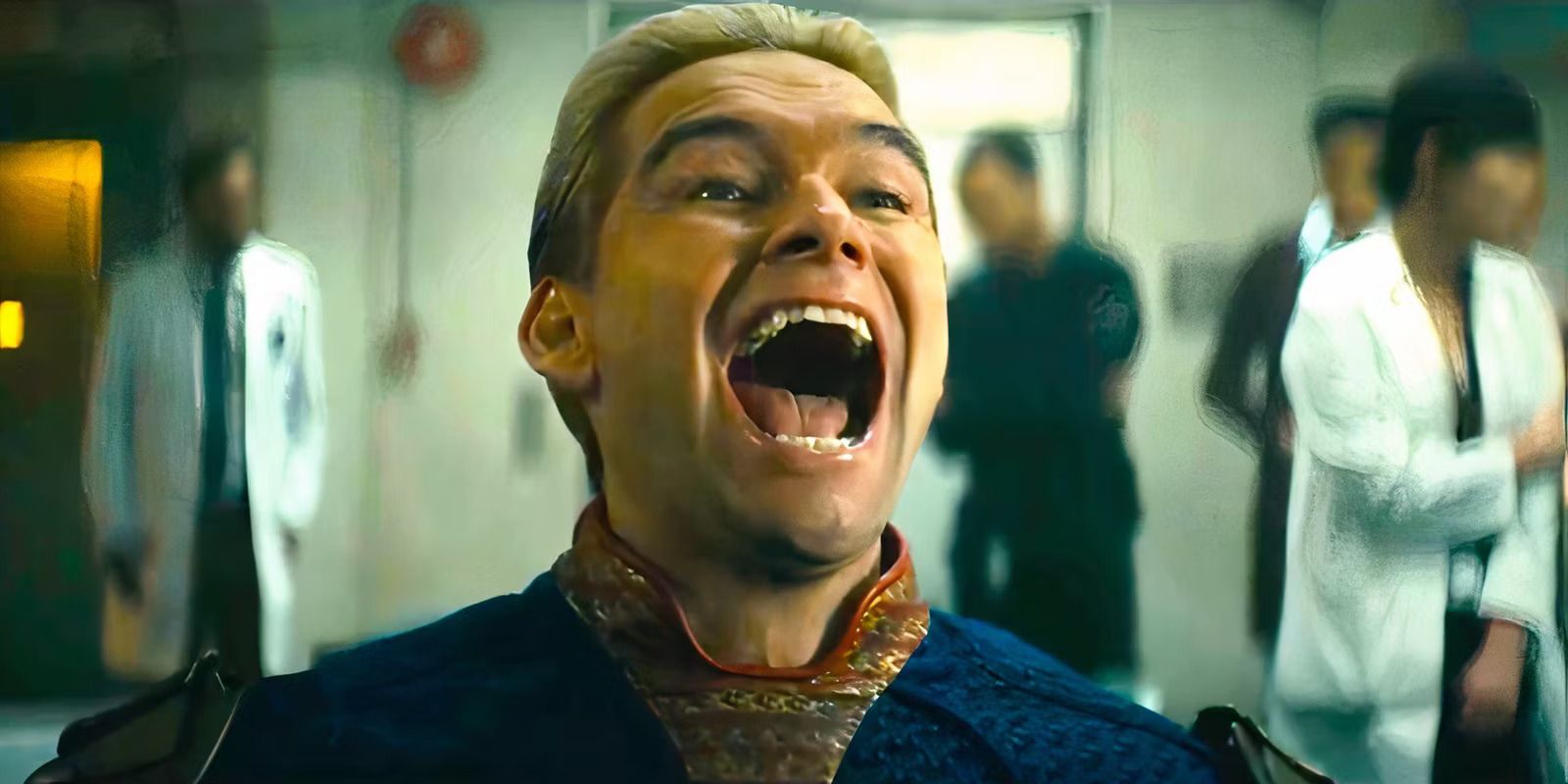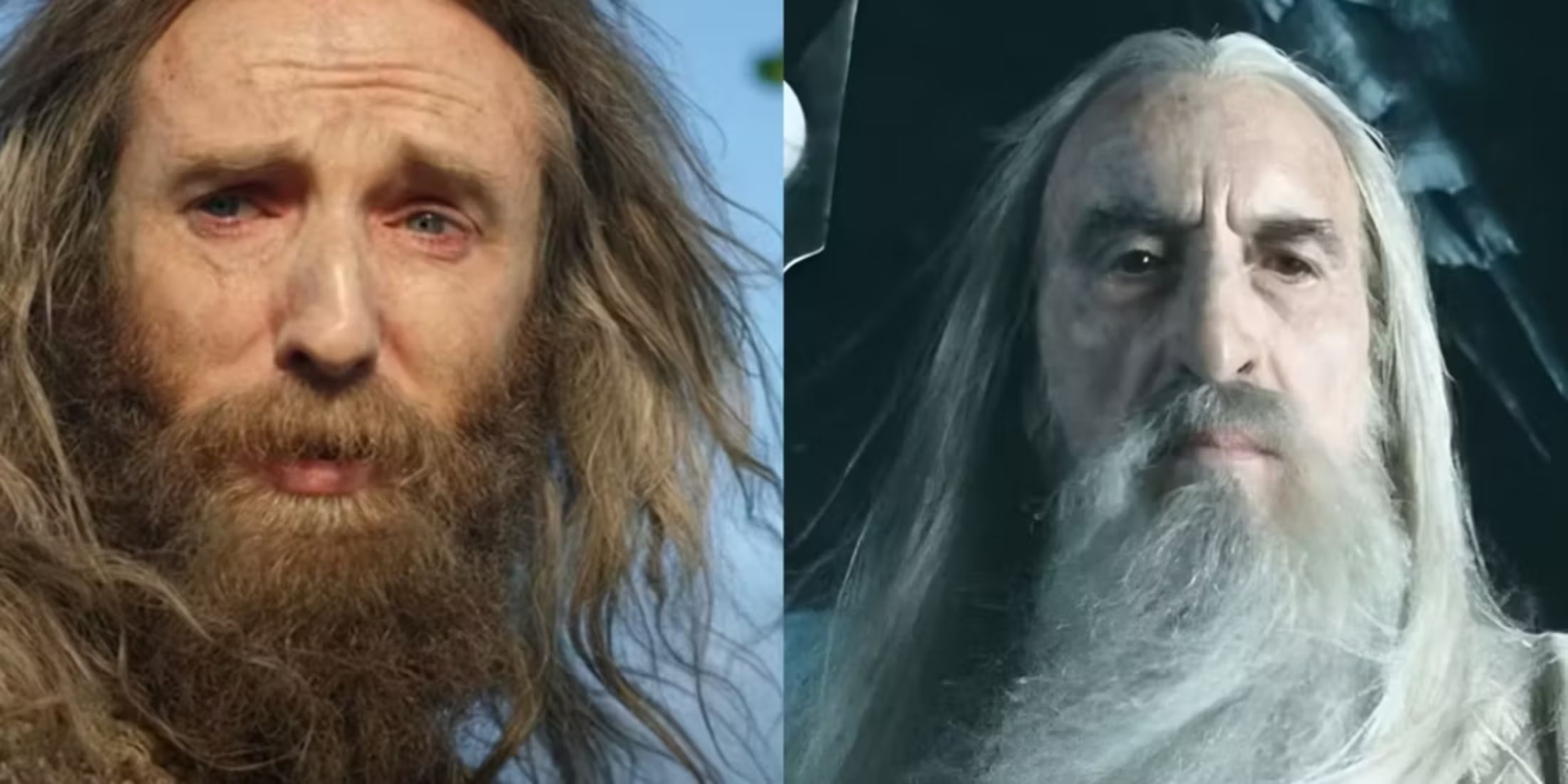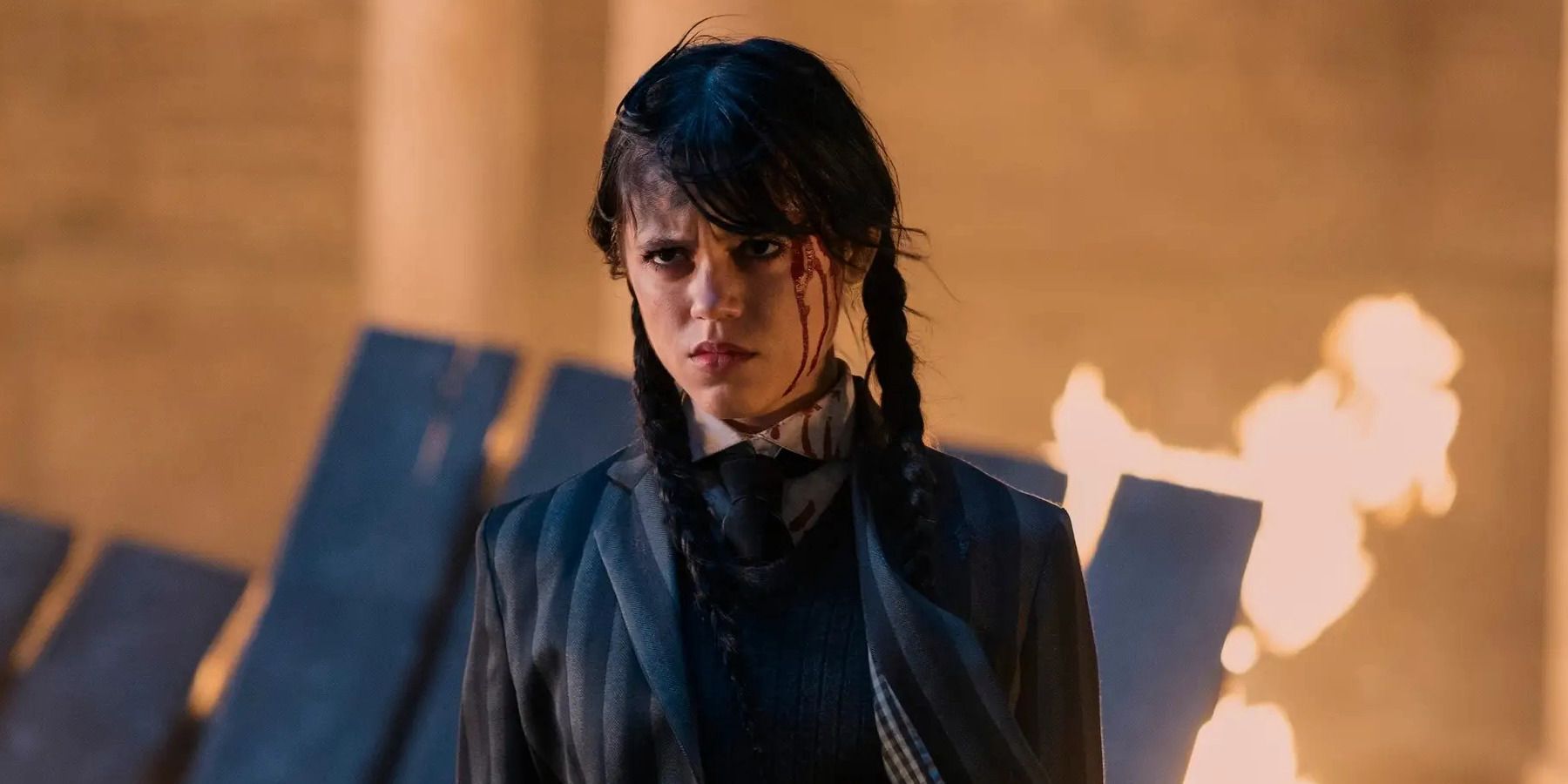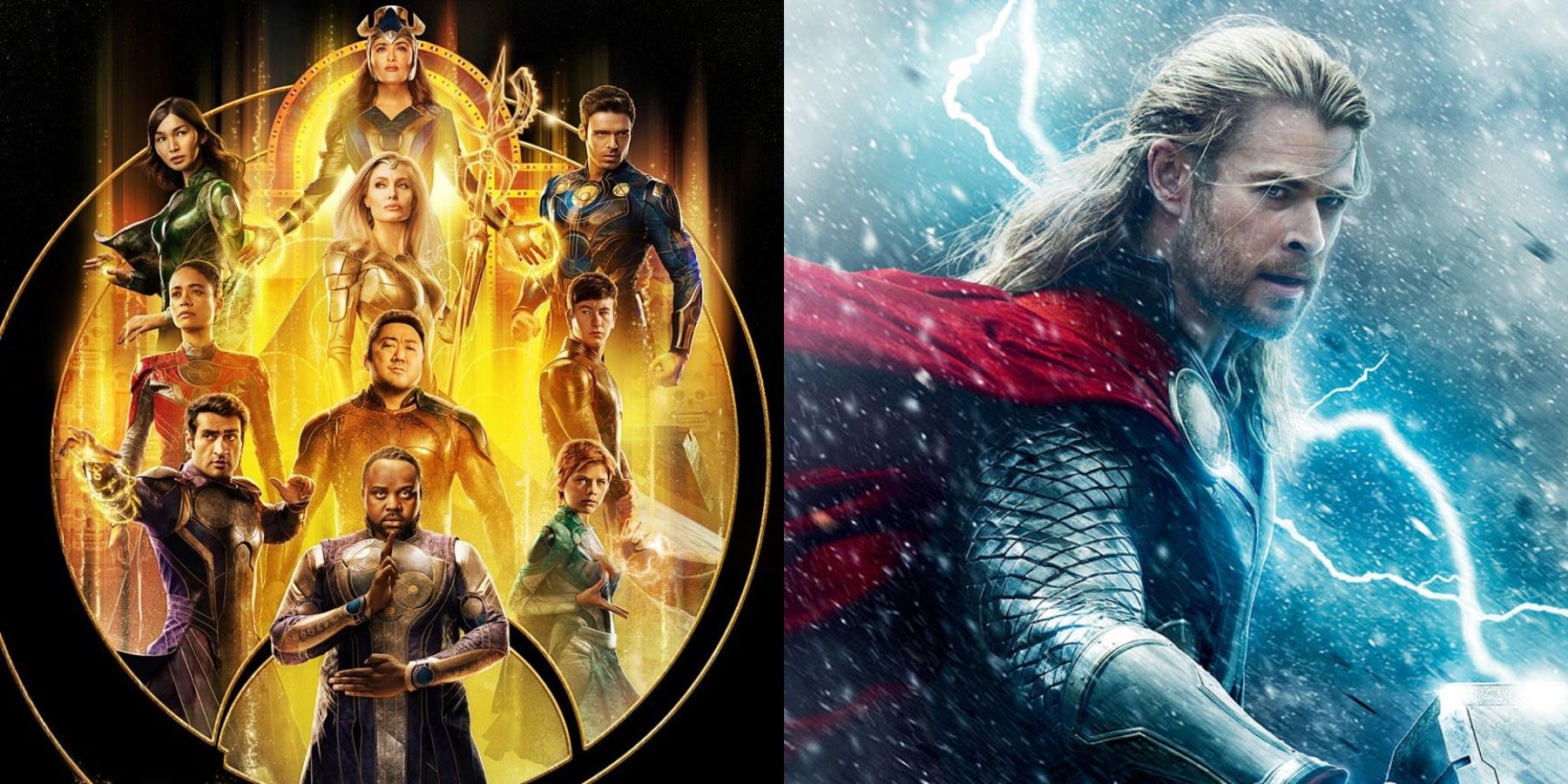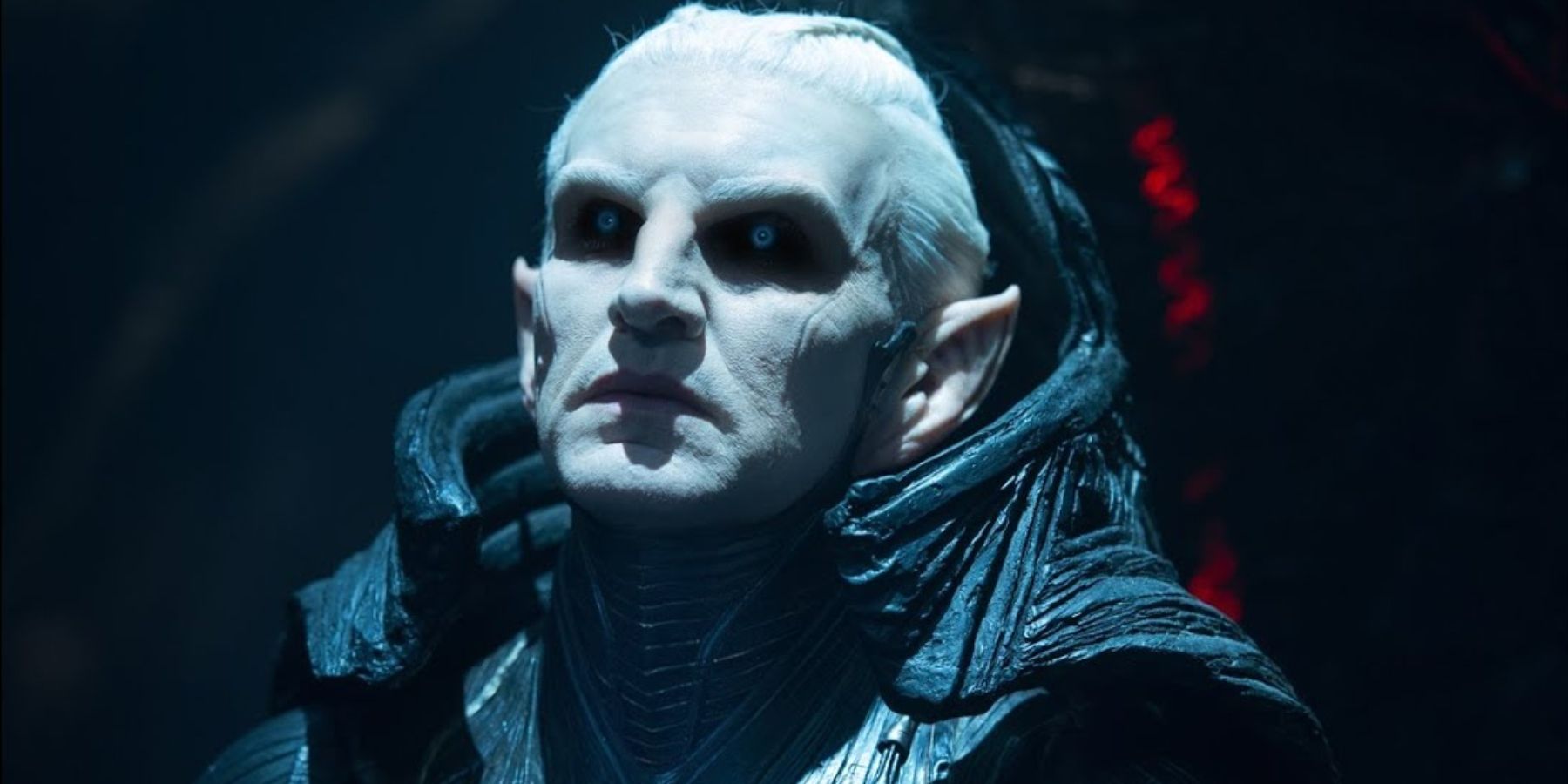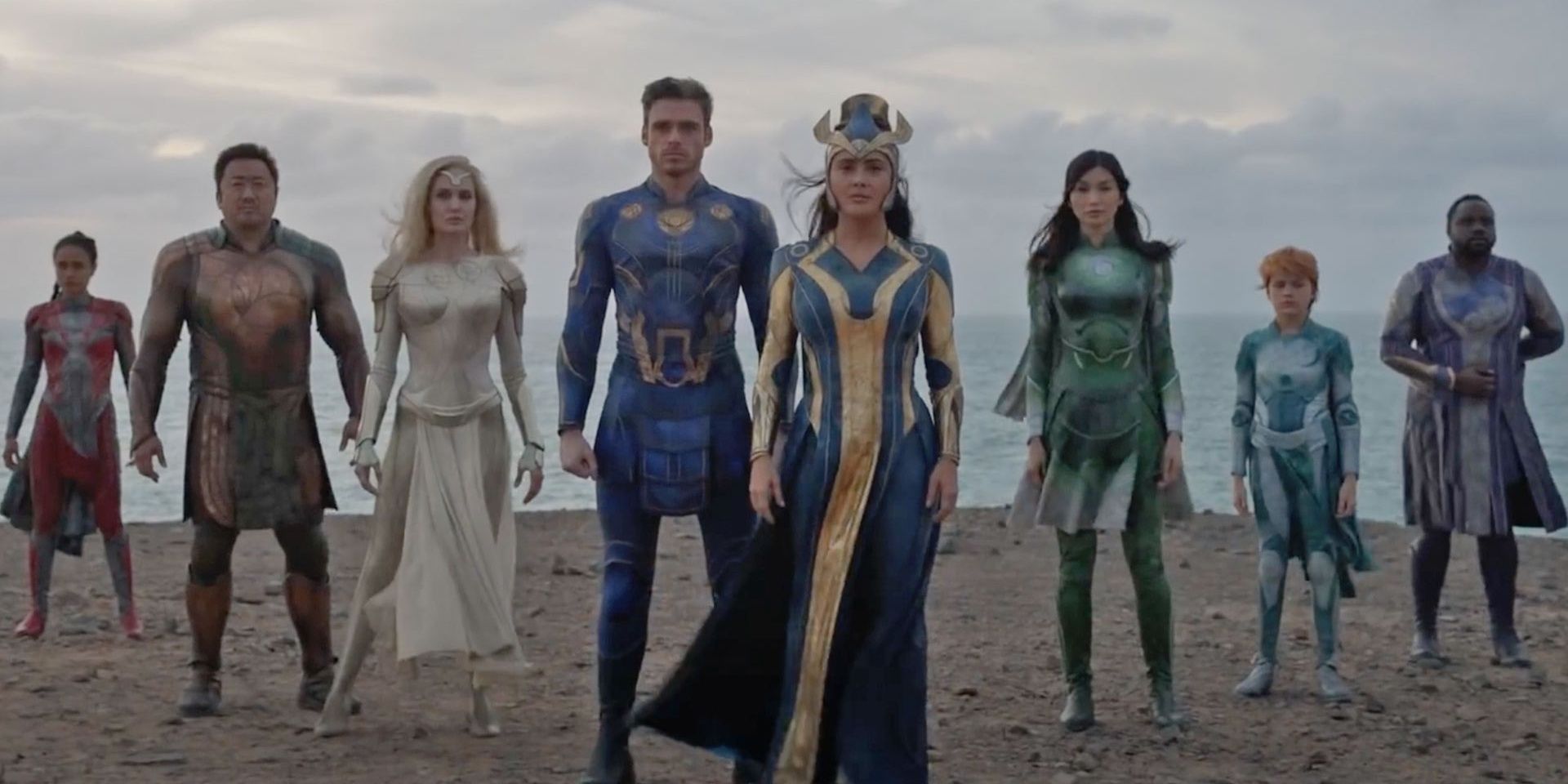The following article contains spoilers for the post-credits scenes of Eternals.After almost 14 years of the Marvel Cinematic Universe, it can be easy to take for granted just how consistent Marvel Studios’ output has been — from Iron Man to Spider-Man: No Way Home, every movie and show in the MCU has ranged from generally well-liked to near-universally beloved. However, there are exceptions to every rule, and not every MCU film has been an overwhelming success.
The go-to punching bag of the Marvel Cinematic Universe is of course 2013’s Thor: The Dark World, which is generally seen as the weakest MCU film to date for a variety of reasons. However, last year’s Eternals, while not universally reviled, has proven to be quite controversial among critics and fans alike. But The Dark World’s bad reputation didn’t stop it from having a significant impact on the future of the MCU, and it’s looking very likely that the same will be true for Eternals.
Out Of The Dark
There isn’t one decisive reason why Thor: The Dark World has its reputation as the worst film in the MCU — rather, its poor reception is owed to a series of multiple contributing factors. For one thing, there’s the story, which offers a rather bland save-the-world narrative with little in the way of themes or worldbuilding. Unlike the Thor movies before and after it,The Dark World doesn’t give its protagonist much in the way of character development. Unlike Iron Man, Captain America, or Spider-Man, Thor’s second solo outing doesn’t challenge him in any new or compelling ways, and he remains seemingly unchanged before and after the adventure.
Likewise, the human supporting characters, despite receiving about as much screen time as in the previous film, have very little to offer narratively. Jane Foster in particular is often criticized for being downgraded from a clever, capable scientist who has great chemistry with Thor to a bland, generic damsel in distress. Meanwhile, the bulk of the film’s Asgardian cast gets the short end of the stick, with Heimdall, Sif, Frigga, and the Warriors Three barely being in the movie. And of course, the film’s main antagonist Malekith the Accursed is widely derided as one of the most boring villains in the MCU, not to mention a waste of Christopher Eccleston’s talent. Just about the only truly good part of The Dark World is Loki, whose redemption arc has its genesis here.
Thanks to the chilly reception to The Dark World, Marvel Studios decided to go in a vastly different direction with Thor: Ragnarok, which took the series from generally serious urban fantasy to campy, over-the-top space opera. However, that didn’t mean Marvel was about to sweep The Dark World under the rug. In fact, it came into play in a major way in Avengers: Endgame, in which Thor traveled back in time to the film’s events in order to acquire the Reality Stone, only to run into his mother Frigga — a character who received little focus prior to her death. Thor and Frigga’s heart-to-heart proves to be the turning point in his character arc, breaking him out of his five-year depression and filling him with enough hope to wield Mjolnir proudly once again.
While The Dark World is still a subpar film by the standards of the MCU, Avengers: Endgame recontextualizes it in a way that lends it greater importance within the greater scope of the universe. Like with Age of Ultron,Iron Man 3, or The Incredible Hulk, Marvel Studios has continually refused to reject its lesser-liked films, opting instead to build on their foundations to create something better. Movies that were received poorly upon release are made more meaningful in hindsight due to the later stories that can only be told because of them.
An Eternal Struggle
While just about everyone could agree that Thor: The Dark World was a step in the wrong direction, Eternals proved to be a matter of heated debate in the days following its release in theaters. Critics and moviegoers alike couldn’t seem to agree on whether it was an ambitious sci-fi epic with compelling philosophical themes or a bloated, clumsily-written mess with too much talking and not enough excitement. Some Marvel fans have expressed concern that the divisiveness around Eternals might prevent future movies from following up on the plot threads it establishes. But if Thor: The Dark World is any indication, that won’t be a problem.
In fact, Eternals may very well end up being one of the most important films of Phase 4 in terms of importance to the wider story of the MCU. Not only does it introduce several new characters, it also expands significantly on the lore around the Celestials, some of the most important beings in the cosmic hierarchy of the Marvel Universe. Plus, its mid-credits scene introduces Eros, aka Starfox, a character who is introduced as the brother of Thanos. Being a relative of the Infinity Saga’s ultimate villain is a sure sign that Eros is a big deal, so it’s a safe bet that his story — along with that of the Eternals and Celestials — will be continued in future MCU projects.
And all of that isn’t even getting into Dane Whitman, aka the Black Knight, who is approached by Mahershala Ali’s Blade in the post-credits scene. With so much going on in the MCU right now, it’s hard to tell exactly where these plot threads will lead in future Phases. But if Marvel Studios’ current track record with handling controversial movies is any indication, there’s little doubt that the events of Eternals will have a significant impact on the Marvel Cinematic Universe for years to come.

